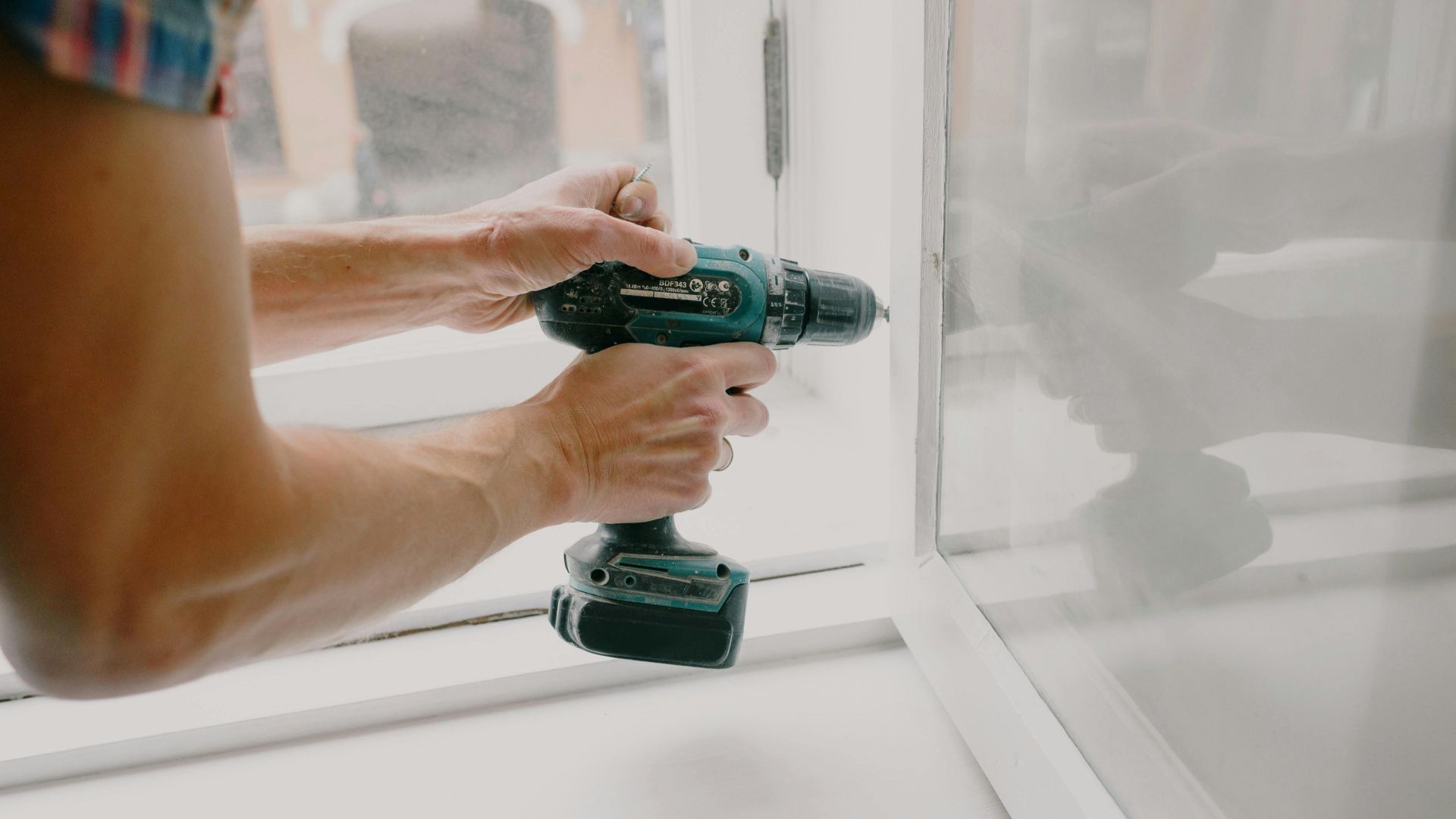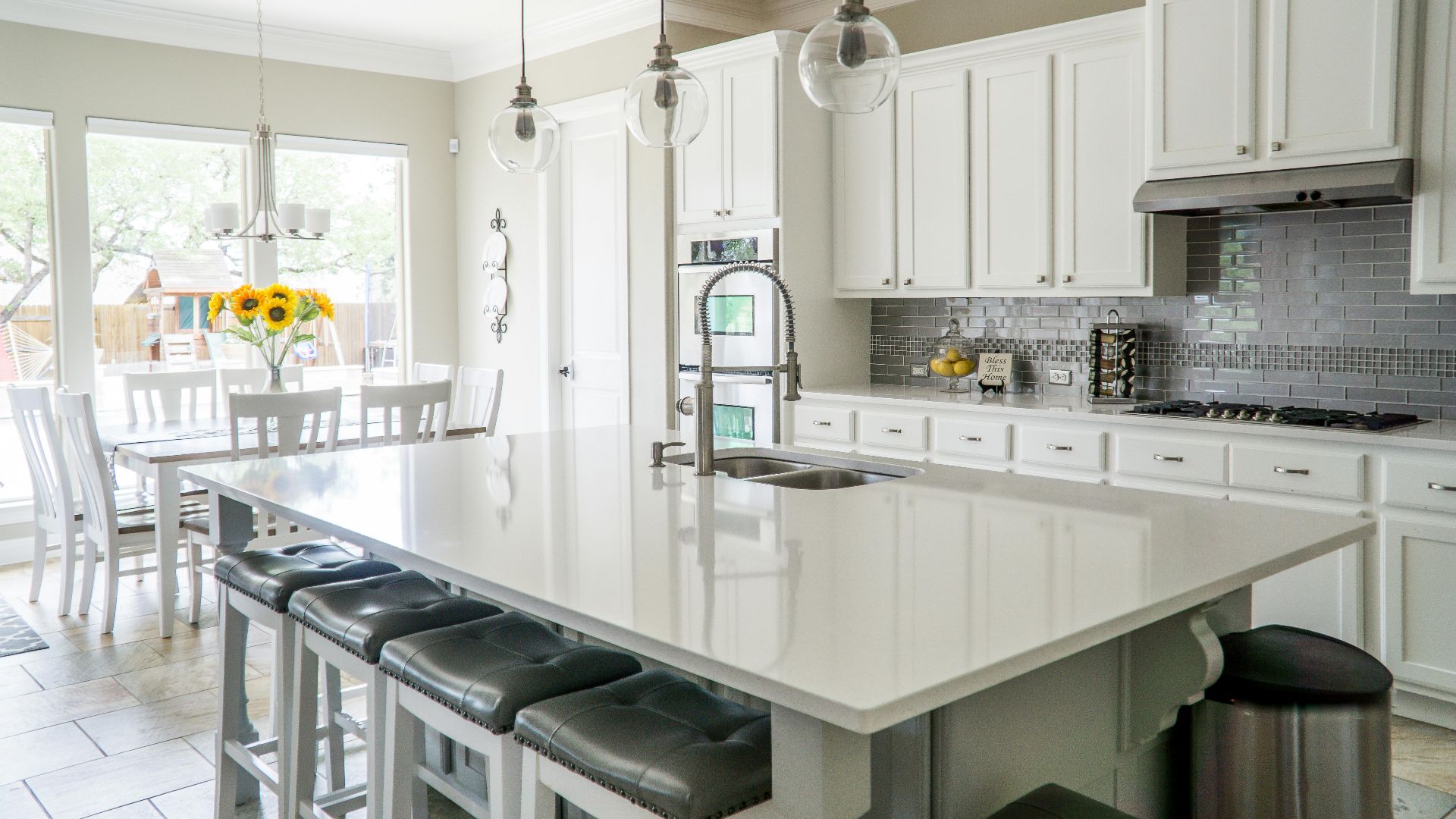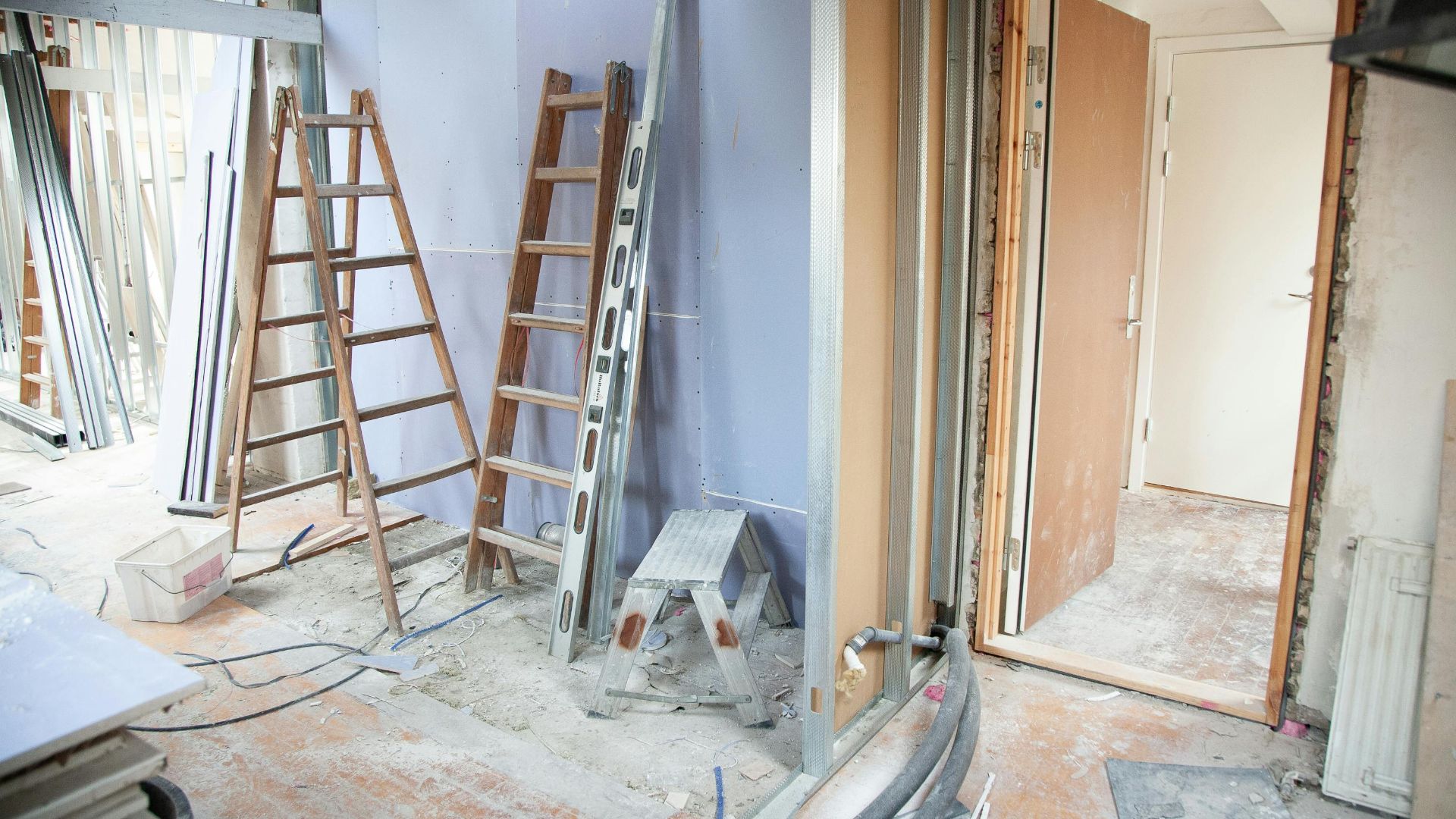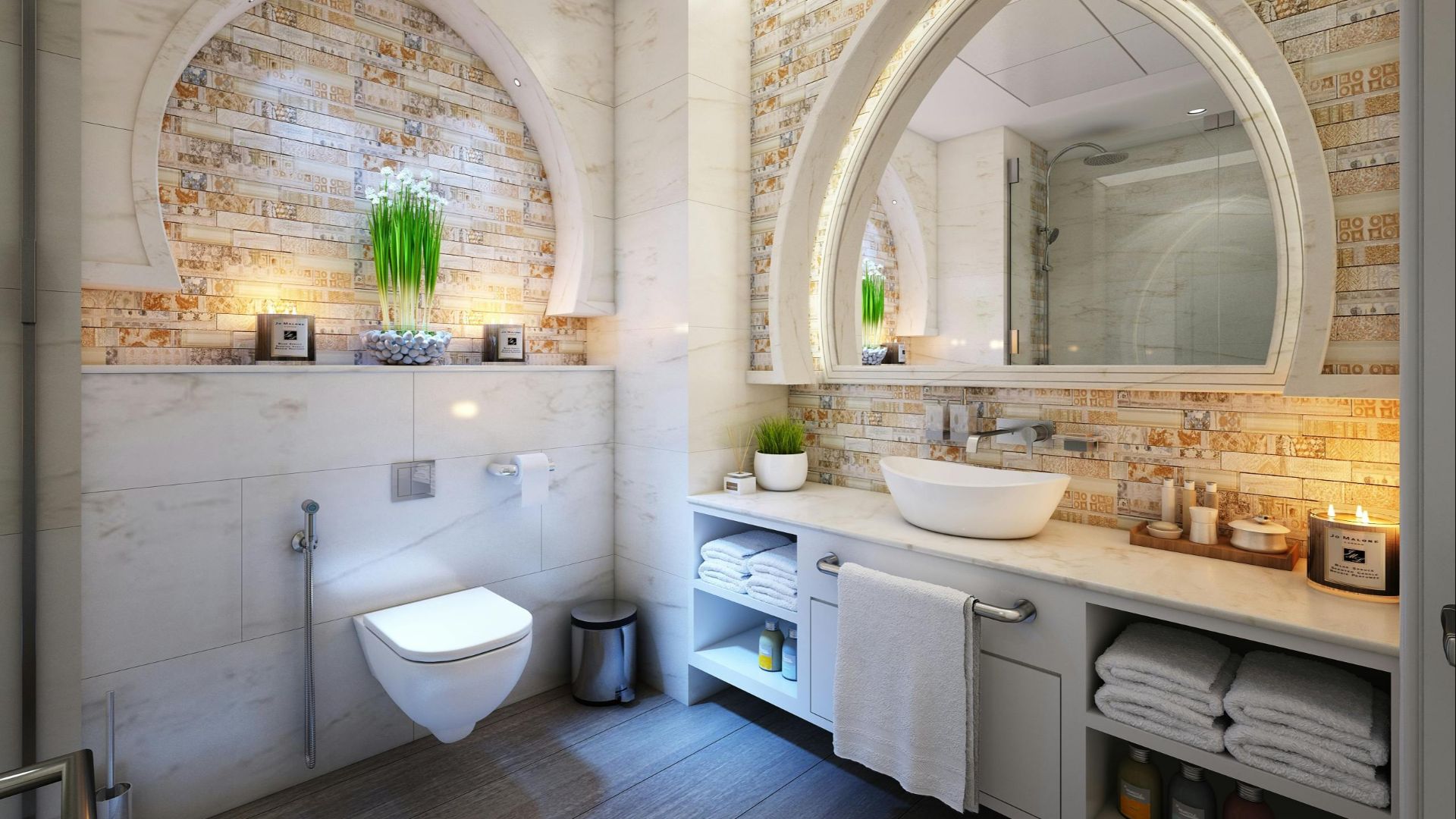When Your Dream Fixer-Upper Turns Into A Money Pit
Buying a fixer-upper often comes with the expectation of a lot of en and renovation challenges. But discovering thousands in hidden repairs is a gut punch. Now you’re stuck with a tough choice: do you keep pouring money into a house that keeps surprising you, or cut your losses and sell? Let’s walk through your options step by step.
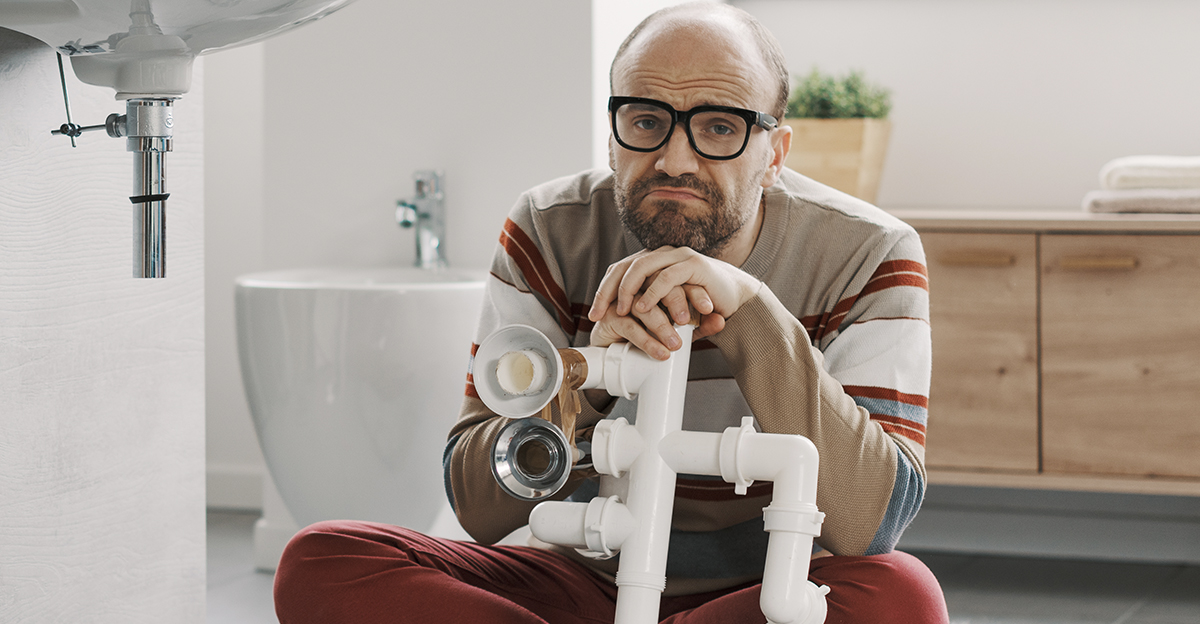
The Shock Of Hidden Costs
Even with inspections, hidden problems can lurk behind walls and under floors. Big-ticket issues like foundation damage, electrical rewiring, or water intrusion can quickly eat through savings and stretch renovation budgets far beyond what you imagined. Many homeowners underestimate the scale of these surprises, and when multiple problems pile up, the sense of being financially trapped can feel overwhelming.
Why People Buy A Fixer-Upper In the First Place
Most people buy fixer-uppers hoping for a bargain, paying less upfront and investing in repairs to build value. The dream is sweat equity, customization, and eventual profit. But hidden repairs can transform that dream into a nightmare. What starts as a hopeful project often becomes a financial sinkhole, especially if repairs are structural, safety-related, or more extensive than surface-level cosmetic updates.
When The Numbers Stop Adding Up
At some point, repairs may cost more than the potential increase in home value. Spending $80,000 on fixes might not make sense if the house’s after-repair value only increases by $50,000. Before making a decision, run the numbers carefully: compare your total investment against the realistic selling price and factor in carrying costs like mortgage payments, taxes, and insurance.
The Emotional Weight Of The Decision
It’s not just about money; it’s about stress, time, and energy. Living through endless repairs can wear you down emotionally and strain relationships, especially when projects drag on longer than expected. Feeling like your weekends, finances, and mental energy are being swallowed by the house can create resentment, leaving you wondering if the payoff is really worth the sacrifice.
 Photo By: Kaboompics.com, Pexels
Photo By: Kaboompics.com, Pexels
Pros Of Continuing Repairs: Building Equity
Putting money into repairs can still add long-term equity. If the neighborhood is desirable and the market is strong, a fixed-up home could pay off down the road. Even if you don’t make a profit immediately, the improvements may strengthen the property’s value and give you a safer, more comfortable place to live while housing prices continue to rise.
Pros Of Continuing Repairs: Full Control
By repairing the house, you get to choose materials, layouts, and finishes. Instead of inheriting someone else’s vision, you create a home that matches your style and needs. This control means you can prioritize what matters most, like energy-efficient upgrades, a modern kitchen, or adding functional spaces, knowing that each improvement is tailored to your long-term lifestyle.
Pros Of Continuing Repairs: Avoiding The Hassle Of Selling
Selling a fixer-upper with major problems can be hard. By fixing it, you make the property more marketable down the line, sparing yourself negotiations with cash buyers and investors. You also avoid selling in a distressed state, which usually means taking a lower price than you’d like. Repairs now may buy you peace of mind later.
Cons Of Continuing Repairs: Cost Overruns
Unexpected expenses rarely stop at one surprise. Once contractors open walls or dig into plumbing, more issues often appear. That initial $80,000 could grow into an even bigger bill. Costs can balloon if asbestos, mold, or structural damage is uncovered, and without a clear financial cushion, you may find yourself constantly scrambling to cover the next emergency.
Cons Of Continuing Repairs: Time And Disruption
Renovations take months, sometimes years. Living in a construction zone (or paying for temporary housing) adds more stress. The longer it drags on, the more money and energy it consumes. Constant dust, noise, and delays can chip away at your enthusiasm, leaving you questioning whether the house will ever feel finished or truly livable again.
Cons Of Continuing Repairs: Risk Of Over-Improving
If you spend too much, you risk pricing your home above what buyers in the area will pay. Over-improving can make it harder to recoup your investment. Fancy kitchens, high-end finishes, or luxury bathrooms may look great but don’t always translate into higher value if the surrounding neighborhood doesn’t support those price points.
Pros Of Selling: Stopping The Financial Bleeding
Selling allows you to avoid throwing good money after bad. You can walk away before the project swallows even more of your savings and free yourself from ongoing stress. It may feel like giving up, but in many cases, walking away sooner saves you from bigger losses that could follow if the problems keep piling up.
Pros Of Selling: A Fresh Start
Sometimes the best option is admitting the house isn’t worth the battle. Selling gives you a chance to reset, find a more manageable home, and start fresh without the constant headaches. A new beginning means you can refocus your energy on living your life rather than patching up endless problems in a property that no longer feels like a dream.
Pros Of Selling: Investor Interest
There’s a strong market for fixer-uppers among investors and flippers. You may not get top dollar, but you can sell quickly and move on without having to finish the repairs yourself. Investors often pay cash, close fast, and take properties as-is, which can be a huge relief when you’re looking for an exit strategy.
Cons Of Selling: Lower Sale Price
Homes with significant repair needs sell for less. If you sell as-is, you should expect investors to offer below market value because they’ll factor in their repair costs and profit margins. Accepting this reality can be frustrating, but it’s part of the trade-off: convenience and speed come at the cost of profit.
 Photo By: Kaboompics.com, Pexels
Photo By: Kaboompics.com, Pexels
Cons Of Selling: Closing Costs And Fees
Even if you sell quickly, you’ll still have realtor commissions, closing costs, and possibly concessions to the buyer. These can eat into the cash you walk away with. For example, 6% in realtor fees on a $300,000 sale means $18,000 gone immediately—something to keep in mind when doing the math.
Cons Of Selling: Emotional Frustration
After investing money and effort into the house already, walking away can feel like failure. The emotional loss of giving up your fixer-upper dream can weigh heavily on some homeowners. It’s natural to feel attached, especially if you’ve already invested sweat equity or envisioned raising a family in the space.
 Photo By: Kaboompics.com, Pexels
Photo By: Kaboompics.com, Pexels
Tips For Selling: Be Honest About Repairs
Disclose known issues upfront. Hiding them will only backfire during inspections and negotiations. Transparency builds trust and prevents deals from falling apart at the last minute. Honesty may even attract buyers who appreciate the straightforwardness and are prepared to tackle the repairs themselves without surprises.
Tips For Selling: Highlight The Potential
Even if the house needs work, market its potential. Emphasize the location, lot size, or architectural features that will appeal to buyers looking for a project worth tackling. Showcase what’s possible with the right investment; buyers with vision often look for fixer-uppers in desirable neighborhoods or properties with unique charm.
Tips For Selling: Consider Selling To An Investor
Real estate investors and house flippers specialize in distressed properties. While they’ll likely offer less than retail buyers, they can often close quickly and take the house as-is, saving you months of hassle. This route works especially well if you’re short on time or overwhelmed by the idea of continuing repairs.
Tips For Selling: Do Small Cosmetic Fixes
You may not want to invest in major repairs, but small improvements like painting, cleaning, and decluttering can make the home more appealing and help it sell faster. Even minimal effort can boost curb appeal, making the house stand out to buyers despite its larger issues. First impressions still matter, even in a fixer-upper sale.
Tips For Selling: Work With An Experienced Agent
A real estate agent who has sold fixer-uppers before will know how to market yours effectively. They’ll understand how to position the property, attract investors, and negotiate realistically on your behalf. Their expertise ensures you don’t leave money on the table and helps you avoid common pitfalls of selling as-is properties.
Finding The Balance: Numbers And Emotions
Ultimately, the choice between repairing and selling comes down to both math and feelings. Crunch the numbers carefully, but also consider your energy, stress tolerance, and long-term goals before making a decision. It’s not just about profit, it’s about what kind of life you want to live while this house remains in your hands.
Final Thoughts
Discovering massive hidden repairs in a fixer-upper feels overwhelming, but you’re not alone—many homeowners face this dilemma. Whether you continue investing or sell and move on, the key is to make a choice that protects both your financial future and your peace of mind. Whatever you decide, remember that your home is a tool for living, not a burden that defines your worth or happiness.
You May Also Like:
American Cities Where Experts Say House Prices Will Crash In The Next 12 Months





